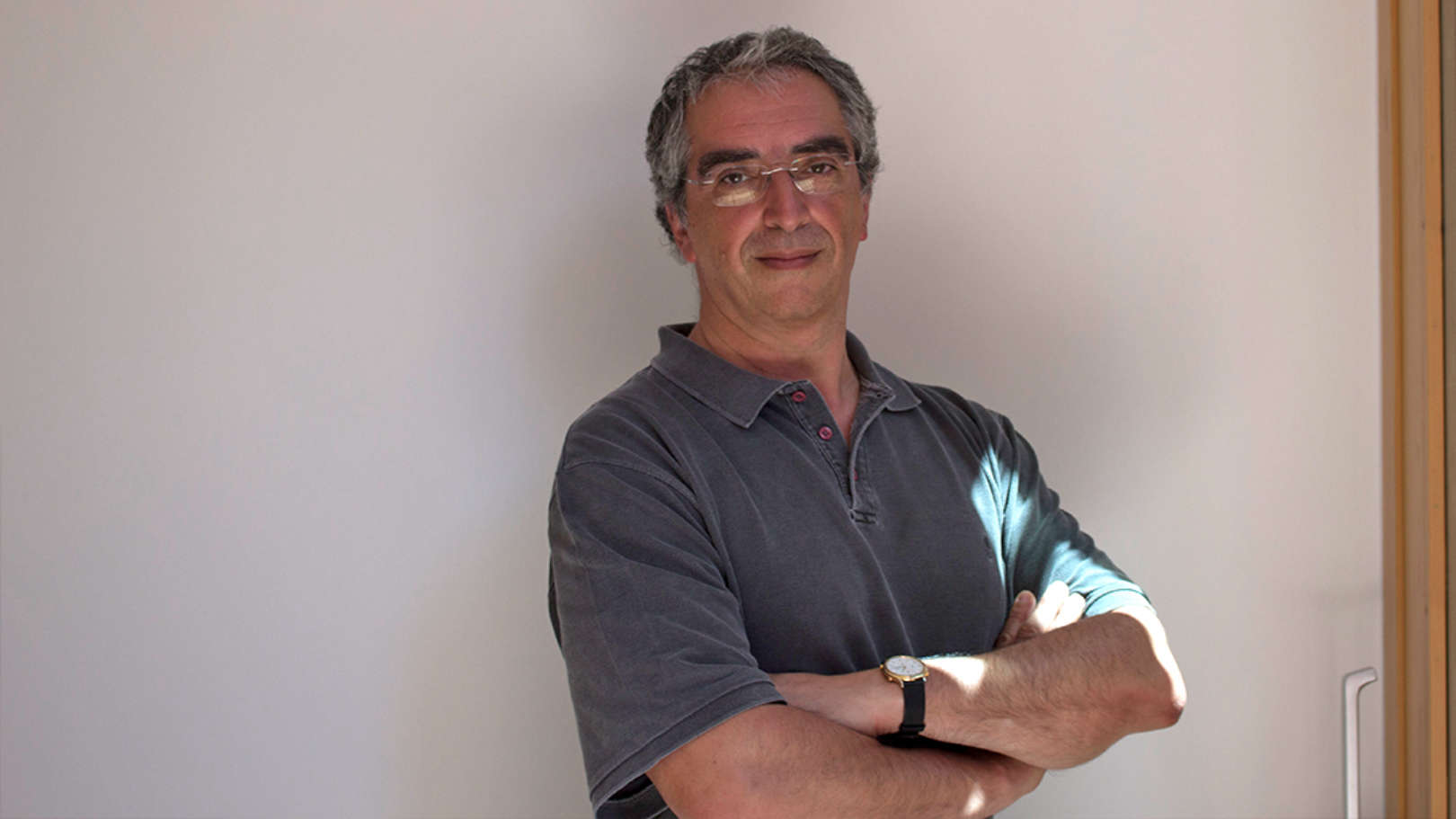Sobre
Sou Professor Catedrático no Departamento de Informática da Universidade do Minho, e investigador sénior no High Assurance Software Laboratory (HASLab INESC TEC). Desde Outubro de 2016, sou Director Adunto da UNU-EGOV, a Operational Unit on Policy-driven Electronic Governance da Universidade das Nações Unidas (egov.unu.edu).
Os meus interesses de investigação estão focados na semântica do fenómeno computacional e no desenvolvimento de cálculos de programs aplicados à compreensão de sistemas e à concepção de software. Estou particularmente interessado em teoria das coálgebras e raciocínio coindutivo, assim como em lógicas modais e híbridas.
Nos últimos anos coordenei quatro projectos de investigação a nível nacional, parcerias bilaterais com o Brasil e China, e fui coordenador no lado português de uma rede ALFA (Europa - América Latina) para formação doutoral. Sou autor de cinco capítulos de livro, 25 artigos em revistas indexadas, e mais de 60 artigos em conferências internacionais. Tendo lecionado em curso de Mestrado e Programas Doutorais nas Universidades de Bristol (Reino Unido), Tartu (Estónia), e Pequim (China), orientei igualmente diversos projectos de doutoramento (seis concluídos; quatro em curso). Um dos meus orientando, Alexandre Madeira, recebeu o Prémio Científico IBM para 2013, o mais importante prémio científico em Informática em Portugal.
Integrei, por nomeação reitoral, o grupo que concebeu e implementou o "Joint Doctoral Programme in Computer Science of the Universities of Minho, Aveiro, and Porto" (MAP-i), tendo mais tarde servido como seu director. Sou membro do IFIP WG1.3 (Foundations of System Specification), e, desde Janeiro 2019, coordenador do IFIP Tecnhical Committee TC1 on Foundations of Computer Science.
Actualmente coordeno o Quantum Software Engineering Research Group no INL, o International Iberian Nanotechnology Laboratoryf.


